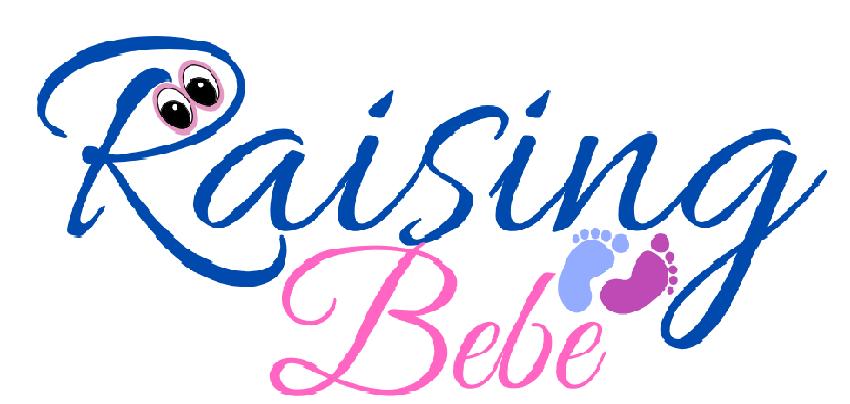Children raised by emotionally immature parents often grow up in an environment marked by inconsistency, emotional neglect, or unresolved tensions. These parents may struggle to regulate their own emotions, leaving their children to navigate complex feelings without proper guidance or support. As a result, children in such households may feel unseen, misunderstood, or burdened with responsibilities beyond their years. This dynamic can profoundly affect their emotional development, relationships, and sense of self-worth, often carrying these challenges into adulthood. Understanding this experience is crucial for recognizing its impact and fostering healing and growth.
1. Inconsistent Emotional Support
Emotionally immature parents often struggle to handle their own feelings, making it difficult for them to provide consistent emotional support to their children. This inconsistency can manifest in several ways:
- Emotional Neglect: These parents may fail to recognize or validate their child’s feelings, leaving them feeling unseen or unheard.
- Mood Swings: A child may face unpredictability as their parent’s mood shifts rapidly, creating a sense of instability in the household.
Over time, children may internalize the belief that their emotions are unimportant or even burdensome, leading to difficulties in expressing or processing their feelings.
2. Role Reversal and Parentification
In households with emotionally immature parents, children are often expected to take on adult responsibilities or provide emotional support to their parents. This role reversal, known as “parentification,” can rob children of their childhood.
- They may feel responsible for their parent’s happiness or well-being.
- They might suppress their own needs to prioritize their parent’s demands or emotional outbursts.
As these children grow, they may struggle with setting boundaries and continue prioritizing others’ needs over their own, often at the cost of their mental health.
3. Poor Conflict Resolution Skills
Emotionally immature parents often lack healthy communication and conflict resolution skills. They may resort to:
- Avoidance: Ignoring or dismissing issues rather than addressing them constructively.
- Explosive Arguments: Overreacting or lashing out when faced with challenges or disagreements.
Children raised in such environments might adopt similar unhealthy patterns or, conversely, fear conflict altogether, making it difficult for them to handle disagreements in their personal relationships.
4. Struggles with Self-Worth
Children raised by emotionally immature parents often grow up feeling that their worth is tied to their ability to meet others’ expectations. This belief can stem from:
- Criticism or Judgment: Parents who project their insecurities onto their children may criticize them for not meeting unrealistic standards.
- Lack of Validation: When achievements or efforts are ignored or dismissed, children may feel unworthy of love and recognition.
These experiences can lead to low self-esteem, perfectionism, or fear of failure in adulthood.
5. Long-Term Emotional Impact
The effects of growing up with emotionally immature parents often extend into adulthood. Common challenges include:
- Difficulty Building Healthy Relationships: Without a model for healthy emotional dynamics, these individuals may struggle to form or maintain fulfilling relationships.
- Anxiety or Depression: The emotional neglect and unpredictability of their childhood can contribute to mental health struggles.
- Overcompensating: Adults who grew up in this environment might overachieve or overextend themselves in an attempt to gain external validation.
Finding Healing and Growth
While the impact of emotionally immature parents can be profound, healing is possible. Here are some steps to begin the journey:
- Acknowledge Your Experience: Recognizing the effects of your upbringing is the first step toward healing.
- Seek Support: Therapy or support groups can help you process your feelings and develop healthy coping mechanisms.
- Set Boundaries: Learn to prioritize your needs and establish clear boundaries in your relationships.
- Practice Self-Compassion: Replace self-criticism with kindness and understanding for yourself.
- Educate Yourself: Reading about emotionally immature parents and their effects, such as in books like Adult Children of Emotionally Immature Parents by Lindsay C. Gibson, can provide valuable insights.
Conclusion
The influence of emotionally immature parents on a child’s development is deep and multifaceted. Understanding these dynamics can empower individuals to break free from negative patterns, nurture their emotional growth, and build healthier, more fulfilling relationships. By acknowledging the past and focusing on healing, it’s possible to move forward with resilience and self-awareness.
For personalized support on your healing journey, visit BetterHelp for online therapy options tailored to your needs.

